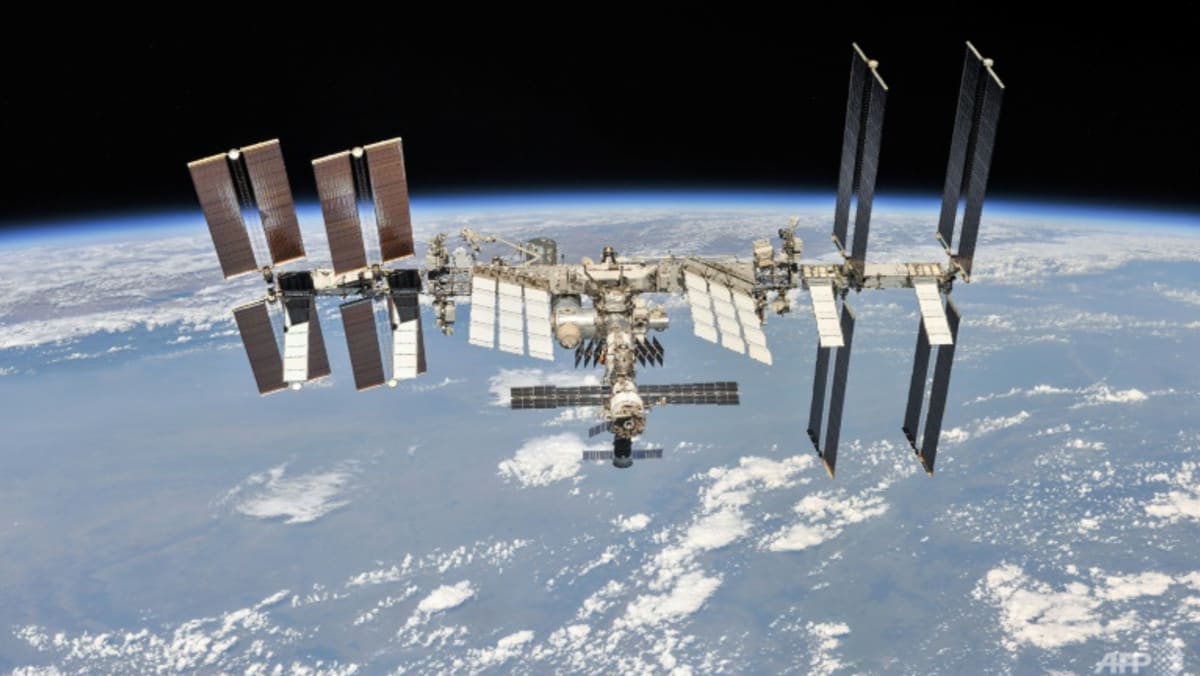Commentary: Space is splitting along lines of power and rivalries on Earth
Similarly, in 2019, Russia and China agreed to collaborate on a mission to send people to the south pole of the moon by 2026. This joint Sino-Russian mission also aims to eventually build a moon base and place a space station in lunar orbit.
That these blocs do not collaborate to accomplish similar missions on the moon indicates that strategic interests and rivalries on the ground have been transposed to space.
Any nation can join the Artemis Accords. But Russia and China – along with a number of their allies on Earth – have not done so because some perceive the accords as an effort to expand the US-dominated international order to outer space.
Similarly, Russia and China plan to open their future lunar research station to all interested parties, but no Artemis country has expressed interest. The European Space Agency has even discontinued several joint projects it had planned with Russia and is instead expanding its partnerships with the US and Japan.
In addition to seeking power in space, countries are also using space blocs to strengthen their spheres of influence on the ground.
One example is the Asia-Pacific Space Cooperation Organization, which was formed in 2005. Led by China, it includes Bangladesh, Iran, Mongolia, Pakistan, Peru, Thailand and Turkey.
While its broad goal is the development and launch of satellites, the organisation’s major aim is to expand and normalise the use of the Chinese BeiDou navigation system – the Chinese version of GPS. Countries that use the system could become dependent on China, as is the case of Iran.
THE ROLE OF PRIVATE SPACE COMPANIES
There has been tremendous growth of commercial activities in space in the past decade. As a result, some scholars see a future of space cooperation defined by shared commercial interests.
In this scenario, commercial entities act as intermediaries between states, uniting them behind specific commercial projects in space.
For all the latest world News Click Here

